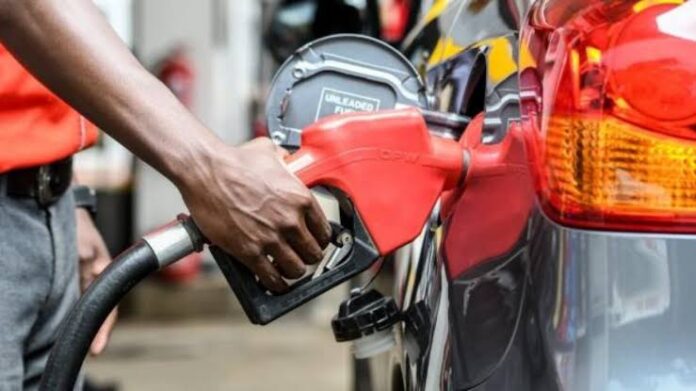The decision to remove subsidy on petroleum products by President Bola Ahmed Tinubu-led federal government is expected to save Nigeria $7.32 billion from July to December 2023, and by at least $15bn in 12 months (2024).
This figure was computed on the basis that the Nigerian federation would expend from July to December 2023 the same amount it budgeted for the payment of subsidy from January to June this year, and assuming that the nation’s fuel consumption will remain the same while crude oil maintains the current price level at the international market.
Crude oil price, a major determinant in the final price of a litre of refined petroleum product, has averaged $82.95 per barrel from January to May 26,2023, and this is expected to continue in view of the position of the Organization of Petroleum Exporting Countries (OPEC) that is not willing to increase production in order to engender a downward movement in crude oil prices at the international market.
“Subsidy payment of circa N400bn per month is a cancer in Nigeria’s economic blood. It has to be got rid of. How do you explain the debt service ratio to revenue of 96%? Definitely, it is unthinkable and requires some urgency if indeed, there is any renewal of hope. Hence, the decision by President BAT to remove it is bold and timely,” Saheed Bashir, CEO, Meristem Securities, said.
However, the decision to remove subsidy has garnered different reactions immediately after President Tinubu declared during his inaugural speech that “Subsidy is gone”. The immediate reaction was that of the return of queues to many petrol stations in notable Nigerian cities including Lagos and Abuja.
“A section of the Press is mischievously twisting the narrative to read that TINUBU’s GOVERNMENT HAS REMOVED SUBSIDY. That is NOT CORRECT. TINUBU’s govt has merely inherited a regime where there was no provision for subsidy in the 2023 Appropriation Act as from June, 2023 and the Petroleum Industry Act which is now extant has no provision for subsidy. President Tinubu merely acknowledged this state of affairs in his inaugural speech at the Eagle Square.
“So, any advocate of subsidy should convince the Nigerian people why President Tinubu should start on a note of illegality by promising to reintroduce something which the law has taken away,” Festus Keyamo, former minister of state for labour, said.
While defending the 2023 budget in January, the immediate past minister of finance, budget and national planning, Zainab Ahmad, declared that the federal government only budgeted N3.36 trillion for subsidy payment from January to June 2023. This amount, at the average official rate of N459.30 to a US dollar, will translate to $7.32 billion savings in the second half of this year, assuming the nation consumes the same level of petroleum products during the second half of the year.
According to the data collated from the Nigeria Extractive Industries Transparency Initiative (NEITI) from 2006 to 2020, and the Federal Ministry of Finance and Reuters from 2021 to 2022, subsidy payment cost Nigeria $57.05 billion from 2006 and 2022.
On two occasions within the 18-year period, a huge amount of money, $12.18 billion was paid as subsidy in 2011, and $10 billion in 2022.
The nation’s flagship oil and gas company, NNPC Limited, has welcomed the decision of the federal government to remove subsidy on petroleum products. This disclosure was made through NNPC Limited’s official twitter handle.
“NNPC Limited welcomes the decision by the Federal Government to remove subsidy on PMS. The GCEO of NNPC Limited, noted that the removal of the subsidy, which has been a burden on NNPC Limited’s cash flow, will free up funds to enable optimal operations within the company,” NNPC Limited, said on the group’s twitter handle.
The immediate past administration of Muhammadu Buhari, accumulated to N47.4 trillion as fiscal deficit, a development that explained the high appetite for local and international loans, resulting in the payment of $14.2 billion for debt servicing in eight years.


